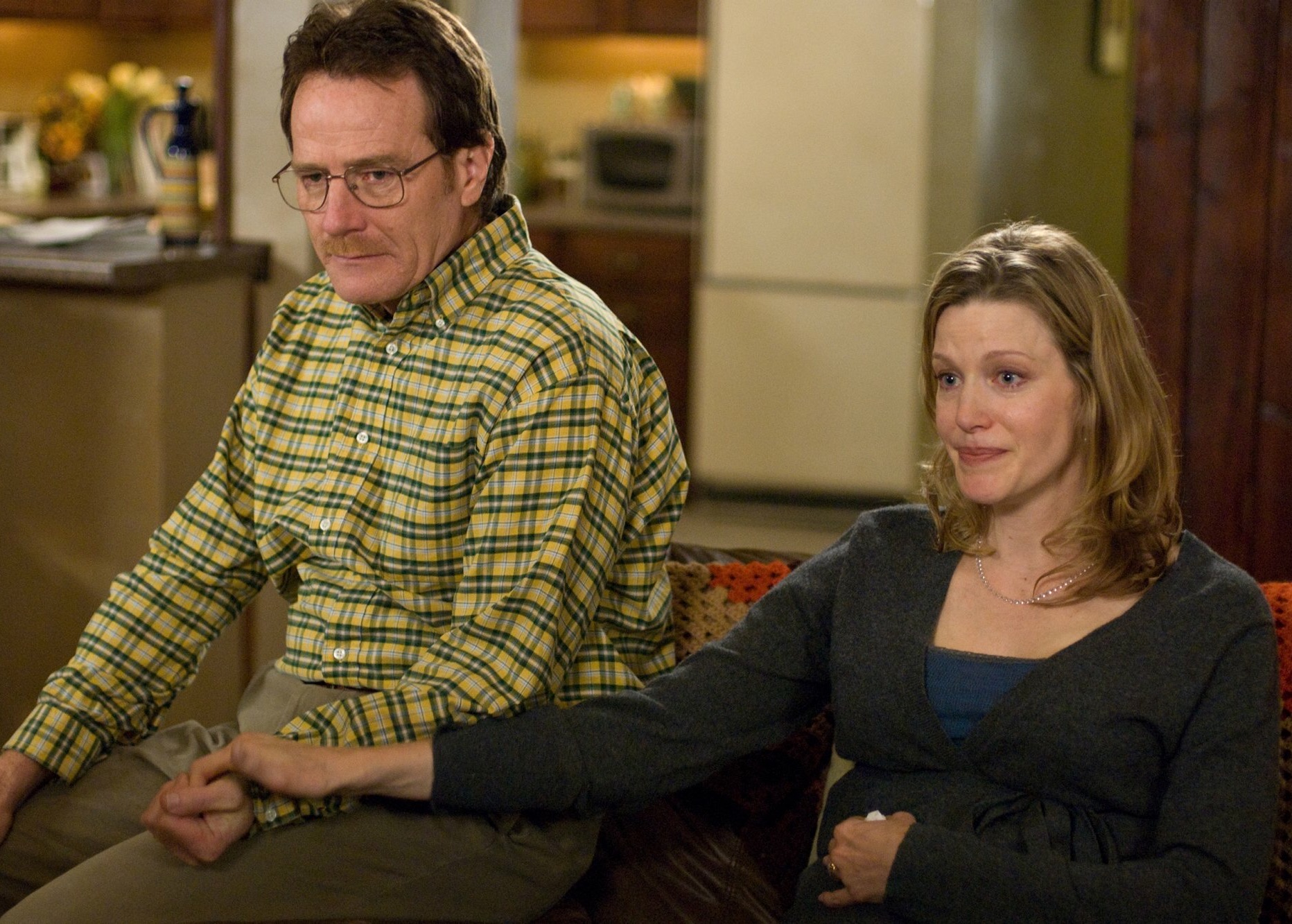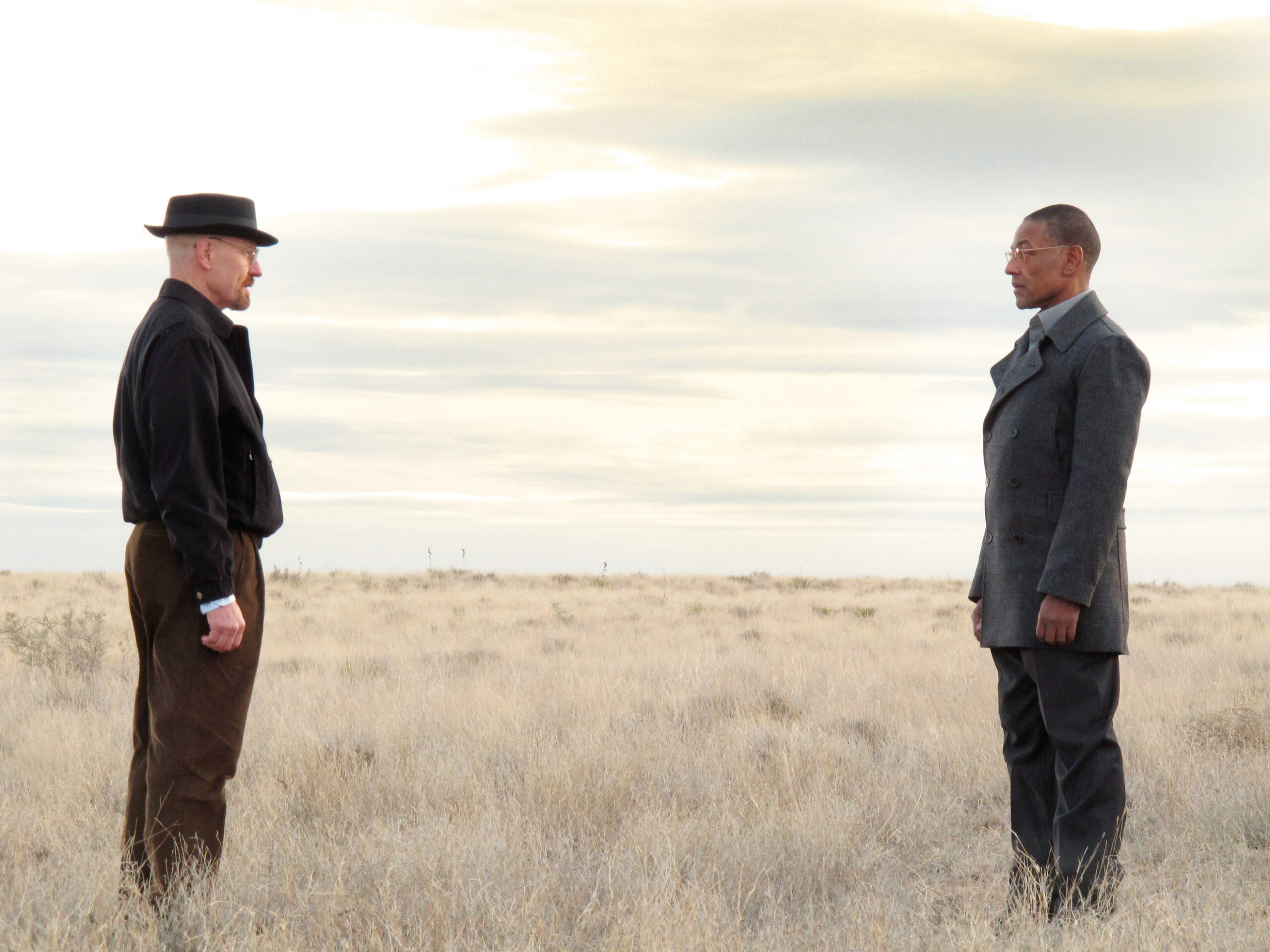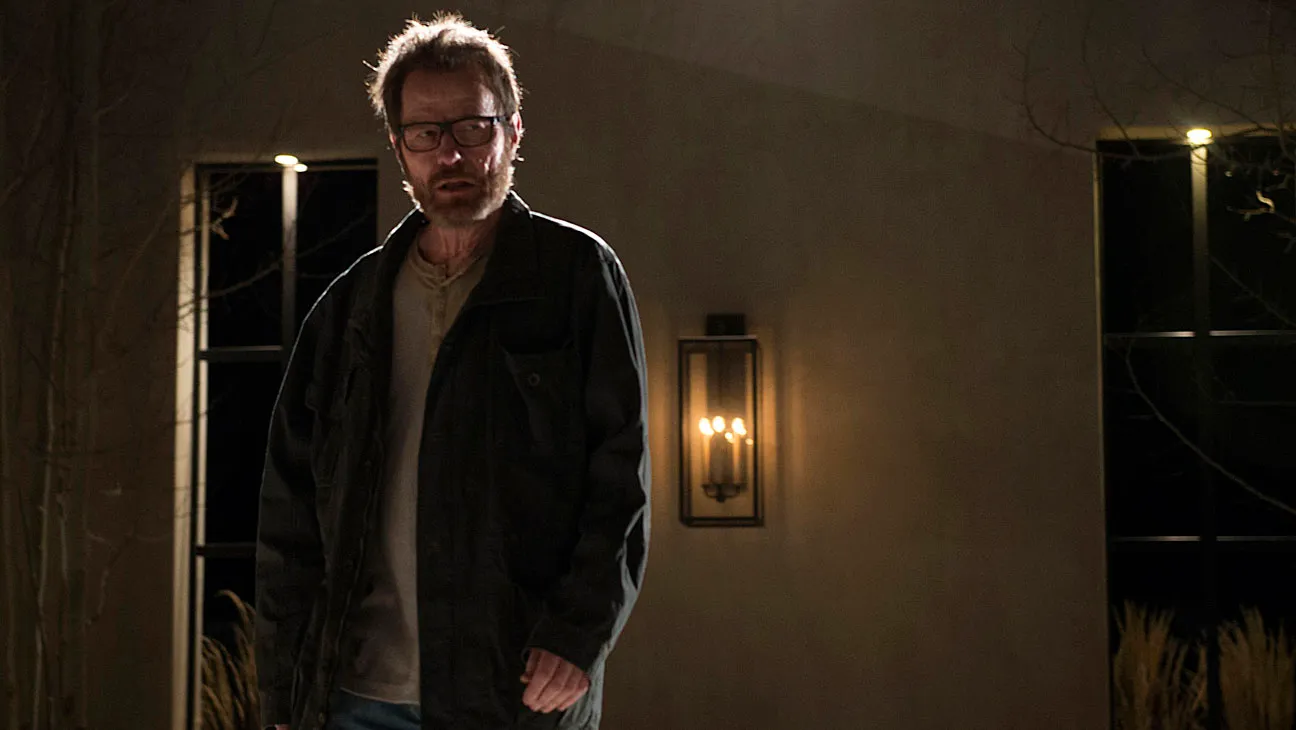In the vast landscape of television, Breaking Bad stands out not merely as another show but as a cultural touchstone that resonated with audiences worldwide. This masterfully crafted series chronicles the harrowing and unpredictable journey of Walter White, transitioning from a mild-mannered, underachieving chemistry teacher into the menacing meth mogul known as Heisenberg. Along this tumultuous path, viewers are treated to a whirlwind of raw emotions, heart-pounding suspense, and intricately woven drama that only a few shows can rival.
This gripping narrative, combined with impeccable performances and storytelling, has led many to hail it as the pinnacle of televised art. As we delve deeper into the realm of Breaking Bad, we aim to shed light on the nuances of its seasons, meticulously analyzing and ranking them from the outstanding to the downright legendary.
A Glimpse into the Phenomenon
Breaking Bad firmly establishes its dominance in television, not just because of its riveting, pulse-pounding drama, but more importantly, for its unparalleled character development that delineates Walter White’s descent into moral chaos. Embodied by the incomparable Bryan Cranston, whose performance has been heralded as one of the finest in TV history, Walter White’s journey from a benign high school chemistry teacher to the fearsome drug lord, Heisenberg, is captivating and harrowing.
Each season, meticulously crafted by Vince Gilligan and his team, unfurls with layers of emotional depth, meticulously choreographed plot twists, and an ensemble cast consistently delivers standout performances. This combination ensures that viewers are not just passively watching, but are deeply engrossed, always left with an insatiable hunger for the next chapter in this gripping tale.
6. Season 1 (2008): Finding Its Feet

Even though it’s at the bottom of the ranking, Season 1 should not be dismissed as a subpar entry in the Breaking Bad pantheon. In reality, it’s positioning here speaks more to the exceptional caliber of the subsequent seasons than any inherent flaws in its initial chapters. The 2007-08 Writers’ Guild of America strike certainly played a part in trimming its run, leading to a somewhat premature conclusion.
However, this maiden season masterfully laid down the foundational bricks for the saga. The pilot episode, in particular, was a tour de force in storytelling, introducing us to the multi-dimensional characters and the intricate web of events they would traverse. It was our inaugural glimpse into the universe of Breaking Bad — a world that would soon mesmerize millions globally and etch its name in the annals of television greatness.
5. Season 3 (2010): The Rise of Gus Fring

After the foundational establishment of the first season, determining a hierarchical ranking for the subsequent seasons becomes an intricate task, especially considering the consistently towering quality Breaking Bad upheld throughout its run. Season 3, in particular, stands out for its meticulously crafted, heart-pounding sequences and for laying the groundwork for one of television’s most electrifying rivalries. Here, we witness the genesis of the nail-biting conflict between Walter White and the enigmatic, cold-blooded antagonist, Gus Fring.
As Walter finds himself sinking deeper into the morass of the criminal underworld, struggling to keep his burgeoning meth empire afloat while simultaneously battling his spiraling sense of morality, Season 3 unfolds like a masterful ballet. This season intricately weaves together themes of power, ambition, loyalty, and deception, setting the stage for the explosive confrontations and moral quandaries that the series would become legendary for.
4. Season 2 (2009): The Turning Point

Season 2 of Breaking Bad was a game-changer, affirming the show’s evolution from being merely outstanding to achieving the echelons of television artistry. The meticulously woven narrative, paired with deep dives into the psyches of its characters, underscored a series that had not only matured but had unmistakably found its distinctive voice amidst the clamor of contemporary television.
This season wasn’t just about the central narrative arc; it introduced a cavalcade of characters who would go on to become fan favorites and pivotal elements of the series’ lore. The likes of Saul Goodman, the wily lawyer with a moral compass that spun like a roulette wheel; Gus Fring, the calm and calculated drug lord with an entrepreneur’s veneer; and Mike Ehrmantraut, the stoic enforcer with a strict code, all made their indelible debuts. With their addition to the ensemble cast and the deepening complexity of the storyline, Season 2 didn’t just enhance the show’s appeal; it firmly entrenched Breaking Bad in the annals of television greatness.
3. Season 5A (2012): Breaking Expectations

Choosing to bifurcate the final season into two distinct parts might have seemed like a gamble for many shows, potentially diluting the narrative’s momentum. However, for Breaking Bad, a series renowned for its audacious storytelling, this decision felt appropriate and brilliantly strategic. This penultimate season captures the staggering metamorphosis of Walter White as he transcends from an anti-hero figure to an unapologetic antagonist, his every action and decision reverberating with profound consequences.
Such is the depth and intensity of each episode that they unfurl with the richness and gravitas of an entire season packed into a singular segment. The heightened drama, intricate character arcs, and unforeseen twists ensure that the stakes remain vertiginously elevated throughout Season 5A. With each episode’s conclusion, viewers are left precariously perched on the precipice of suspense, their pulses racing, eagerly anticipating the next chapter in this television masterclass.
2. Season 4 (2011): The Peak of Tension

Often encapsulated by the memorable exclamation of Tuco Salamanca, “TIGHT, TIGHT, TIGHT,” Season 4 of Breaking Bad is a veritable roller coaster of emotions, tension, and high-stakes drama. This season delves deep into the intricate cat-and-mouse game between Walter White and the always-enigmatic Gus Fring. Their strategic maneuvers, hidden agendas, and the lengths they go to outwit one another are spellbinding.
As the episodes unfold, viewers are treated to a crescendo of suspense, with each chapter laying the foundation for the next, ensuring there’s never a dull moment. And then, as the climax approaches, we witness the masterfully crafted episode “Face Off.” It’s not just a mere episode but a magnum opus of television storytelling, rife with plot twists and character revelations. Such is the intensity and culmination of events in this season. It holds the power and gravitas to have seamlessly stood as the series’ grand finale, leaving audiences both satisfied and in awe of its brilliance.
1. Season 5B (2013): The Grand Finale

The culmination of Breaking Bad in season 5B came burdened with a colossal weight of anticipation. Every viewer, every critic, and every fan knew that this was the moment the show had been building up to for years. The responsibility of crafting a conclusion worthy of such an illustrious series was immense. Yet, against these towering expectations, season 5B emerged as a tour de force in television storytelling. Central to this final season’s acclaim was the episode “Ozymandias,” often hailed as one of the most gripping hours in TV history. It masterfully encapsulated the essence of the series, delivering scenes of intense emotion, unexpected twists, and jaw-dropping drama.
As the final episodes unfolded, fans worldwide were treated to a narrative crescendo that was both devastatingly poignant and deeply fulfilling. Walter White’s tumultuous odyssey was closed, filled with moral ambiguity, personal tragedy, and relentless ambition. The season was a magnum opus, concluding one of television’s greatest sagas in a manner that can indeed be termed as nothing short of absolute perfection.
In Conclusion
Breaking Bad transcends the definition of a mere television series; it stands as an unparalleled exemplar in storytelling. Each of its seasons, though varying in tone, theme, and narrative arc, consistently delivers an exceptional caliber of content, maintaining an uncompromising standard of excellence throughout its tenure. Beyond the captivating characters and riveting plotlines, the show has significantly elevated the medium, pushing the boundaries of what television can achieve.
Its profound impact is felt in the hearts of its dedicated viewers and the broader entertainment industry, inspiring writers, directors, and actors alike. Breaking Bad hasn’t just provided episodic entertainment; it has crafted a legacy, setting new benchmarks and reshaping the television paradigm. In the chronicles of TV’s golden era, Breaking Bad will always shine brilliantly, immortalized as a revolutionary force that forever altered the landscape of small-screen storytelling.









